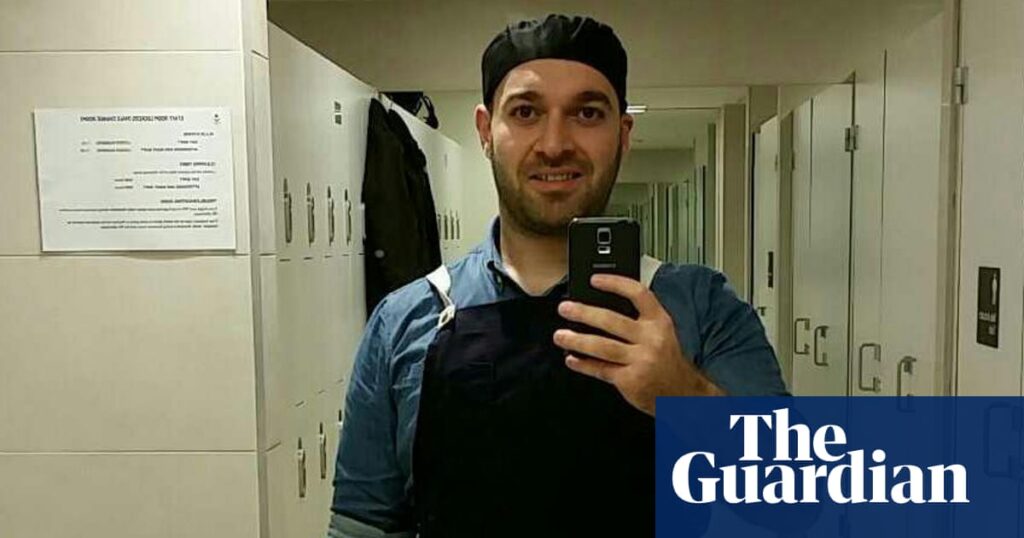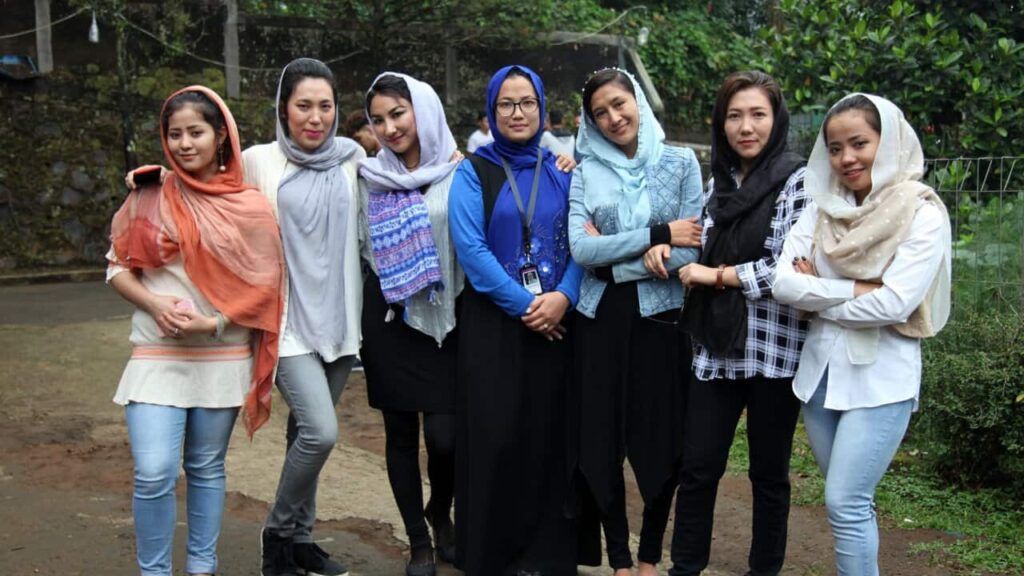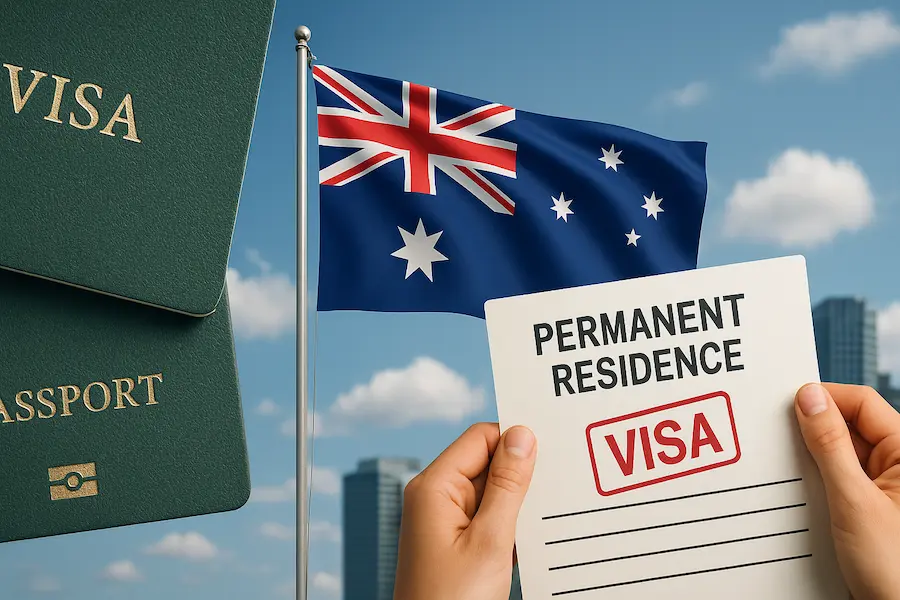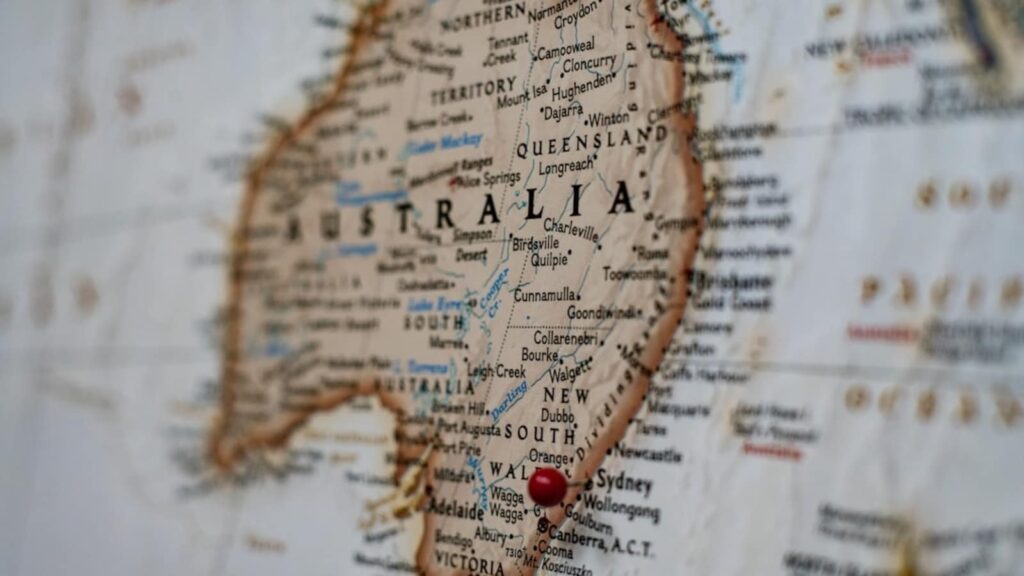Study reveals refugees in Australia experience job ‘downgrade’ years after resettlement.

A decade after stepping onto the sun-kissed shores of Australia, many refugees, once managers and professionals in their home countries, are finding themselves in a rather sticky situation: they struggle to secure jobs that match their skills or status.
Welcome to the world of “occupational downgrading,” as outlined in a recent report from the Australian Institute of Family Studies (AIFS).
Imagine packing your life into a suitcase, leaving everything behind, and arriving in a new country, full of hope and dreams.
That journey can seem daunting, yet exciting, but the real challenge can often come once you land. John van Kooy, the lead author of the report, highlights the stark reality: many people from countries like Iraq and Afghanistan enter Australia with heaps of professional experience, but ten years later, they’re often stuck in roles far below their previous capacities.
The study surveyed around 2,400 humanitarian migrants and the findings are striking. Before they arrived, about 30 per cent of women and 19 per cent of men held managerial or professional positions.
Fast forward a decade, and those numbers plummeted to 17 per cent and 10 per cent, respectively. Woefully, two-thirds of women who once led teams are now in roles like cleaning or caring, while many men find themselves working as technicians or tradespeople – jobs that don’t match their qualifications.
But wait, there’s more. Women, particularly those with young children, are in a tougher spot. Van Kooy mentions that these women are a staggering 84 per cent less likely to be employed than men during this same period. It’s like being caught in a time warp where despite your skills and dreams, the landscape doesn’t budge in your favour.
Now, here’s where the plot thickens. The report also points out that a whopping $9 billion could be added to Australia’s economy if migrants and refugees could work in fields that suit their experience.
Dane Moores from Settlement Services Australia notes that nearly half of permanent migrants work beneath their skills, with humanitarian entrants being hit the hardest. Many arrive bearing valuable skills in sectors like health and education, yet face a labyrinth of obstacles in recognition of their qualifications.
So, why is this important? Van Kooy captures it best: “Whenever we under-utilise these qualifications, we’re all losing out.” It’s not just about individual dreams; it’s about enriching our communities and workplaces.
Despite these challenges, the resilience of refugees shines through. More than one-fifth of participants from the study ventured into self-employment or started their own businesses, often out of necessity. That’s quite a testament to their entrepreneurial spirit!
Settling into a new life is not a sprint but a marathon. It takes time, patience, and a supportive community. These stories remind us that behind every statistic is a human being with hopes, dreams, and resilience that could light up our world.
So, what do you think about these experiences? Have you witnessed stories of resilience in the face of challenges? We’d love to hear your thoughts in the comments below!
Thinking about moving to Australia? Have questions or need help?
Join our free and supportive community here at Oz Visa Forum.
Post in our forums to get advice and support from people who’ve already made the move Down Under.
Not sure where to start? Click here to get started







That’s an unfortunate truth, though worth noting that this study specifically applies to refugees rather than those who came to Australia under one of the skilled visa classes.